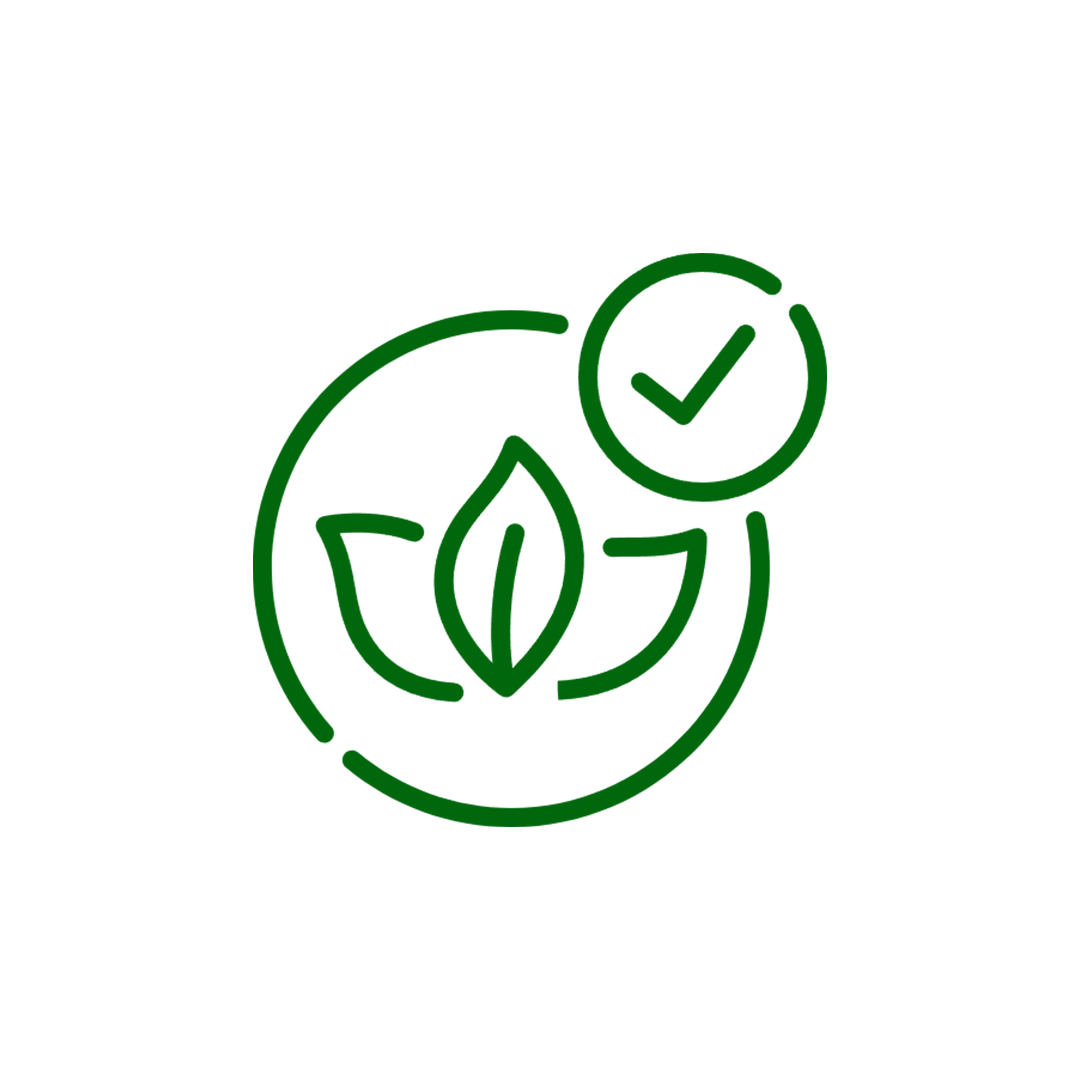When we were all kids, we had this natural curiosity about everything. What is that insect, what is that plant, which bird is that? Sadly as we grow up we tend to lose that curiosity and connect with nature.
Terrace gardening helps to bring us closer to nature and have a slice of it in our homes. We can watch the plants grow and give us a bountiful harvest.
A terrace garden is a great place to relax and unwind after a tiring day. With the pandemic raging and most of us confined to our home, terrace, and balcony gardening is a much-needed stress buster to all of us.
Wait, all that is fine but how do I start a terrace or balcony garden? Many of us might have this question.
I have been into terrace gardening since the age of 8 and has been a very rewarding journey. I am carrying on the legacy of my father and grandfather who started our terrace garden in the early 1960s.
I will be sharing some basic pointers that I have learned, for anyone wanting to start a terrace or balcony garden.
Start Small
The idea of having a terrace garden is very good but in over-enthusiasm, we might go for the home run in the first hit and then fail and give up saying I cannot do gardening.
So any newbie should first start with a small kitchen garden where she/he can grow the herbs required for their kitchen. Palak, Methi, Red Amaranthus are a great way to start as they very easy to grow and don’t need a lot of maintenance.
People also can start with a few indoor plants like Money Plant, Synogium, ZZ plant, etc.
Precaution against Water leakage
I have spoken to several gardeners who are good at gardening and have established their terrace or balcony garden but forgot to take the precaution against water seepage.
Over time as water starts draining from the pots and stagnates below the pots, it leads to leakage in the roof. So it is vital to take precautions before we set up a terrace garden.
Get your terrace painted with waterproof paint and elevate your plants from the surface of the terrace so that water does not stagnate below the pots and dries up easily.
You can use planter boxes that have inbuilt stands which have elevation above the terrace surface ensuring that water dripping down from the planter evaporates easily.
You can also go for metal stands on which you can keep the pots or grow bags.
Also, ensure a proper drainage outlet on the terrace for the water to flow away.
Soil composition
A lot of people forget that growing medium/soil is essential for plants to thrive and be healthy.
For terrace gardening, one should remember to keep the weight of the growing medium as light as possible.
The composition I follow in my terrace garden is 40% Cocopete, 25% Red Soil, 15% Organic Manure, 20% Vermicompost. This keeps the soil mixture very light as well as have sufficient nutrition to suit most plants.
Each one of these components of the potting mix has its benefits, but that is for another blog.
Sunlight
All plants need sunlight for photosynthesis regardless of them being indoor or outdoor plants. The amount of sunlight required might differ but it is required. Some plants need full sunlight, others can thrive in partial sunlight and a few others can grow in full shade as well.
Hence we should look at the individual terrace or balcony to see whether it receives adequate sunlight and according to the number of hours of sunlight we need to pick the plants to grow.
Watering
In the beginning, when we start a terrace or balcony garden, in our excitement we might pamper our plants and pour a copious amount of water thinking they will grow fast. Sadly we will end up killing the plant instead.
An adequate amount of water is crucial for each type of plant. Some plants like Tulasi, Jasmine, Hibiscus, etc need daily watering others might need much less watering like Aleo vera, Rain Lilies, etc.
Another important thing to remember is to water the plants in the early morning or the evening when there is less heat and plants have enough time to absorb the water.
Watering the plants at the same time every day also helps them to adapt to the conditions of your terrace garden and reduce stress and disease.
Overwatering is most likely the cause for disease and rot in many cases hence the right amount of water should be given.
One way to do that is going for automatic drip irrigation systems. This reduces the chance of overwatering and also saves a lot of water required per plant.
Nutrition
Just as we humans need vitamins and other trace minerals for our body to function properly, plants also need micronutrients to keep them healthy and avoid diseases.
Manganese, Calcium, Boron, Magnesium are some of the essential micronutrients that need to be given at regular intervals to keep the plants healthy and enable them to give bountiful yield.
| Nutrient | Functions |
| Carbon (C) | Constituent of carbohydrates; necessary for photosynthesis Source: Air |
| Hydrogen (H) | Maintains osmotic balance; important in numerous biochemical reactions; constituent of carbohydrates Source: Water |
| Oxygen (O) | Constituent of carbohydrates, necessary for respiration Source: Air/Water |
| Nitrogen (N) | Constituent of proteins, chlorophyll and nucleic acids (affect growth and yield). Source: Air/Soil |
| Phosphorus (P) | Constituent of many proteins, coenzymes, nucleic acids and metabolic substrates; important in energy transfer Source: Soil |
| Potassium (K) | Involved with photosynthesis, carbohydrate translocation, protein synthesis, etc. Source: Soil |
| Calcium (Ca) | A component of cell walls; plays a role in the structure and permeability of membranes Source: Soil |
| Sulphur (S) | Important component of plant proteins Source: Soil |
| Magnesium (Mg) | Enzyme activator, component of chlorophyll Source: Soil |
| Iron (Fe) | Involved with chlorophyll synthesis and in enzymes for electron transfer Source: Soil |
| Manganese (Mn) | Controls several oxidation-reduction systems and photosynthesis Source: Soil |
| Boron (B) | Believed to be important in sugar translocation and carbohydrate metabolism Source: Soil |
| Chlorine (Cl) | Involved with oxygen production in photosynthesis Source: Soil |
| Zinc (Zn) | Involved with enzyme systems that regulate various metabolic activities Source: Soil |
| Copper (Cu) | A catalyst for respiration; a component of various enzymes Source: Soil |
| Molybdenum (Mo) | Involved with nitrogen fixation and transforming nitrate to ammonium Source: Soil |
| Nickel (Ni) | Necessary for proper functioning of the enzyme, ureae, and found to be necessary in seed germination Source: Soil |
Pests and Disease Management
Common pests found in gardensNatural Pest Predators that help in pest control
When growing any plant or vegetable we need to keep in mind that pests and diseases are a natural part of gardening and it is bound to attack your plants at some point.
Timely intervention and care are essential to save your plants and vegetables.
The method I follow is to encourage organic pest controllers like birds and insects to keep a check on the pest. Insects like Praying Mantis, Lady Bird, Lacewing larvae are a great way to control pests like aphids, mealybugs, etc.
Using organic methods also invites beautiful birds to come to your garden and help keep the pests under control.
Another very effective way to control Aphids and Mealybugs is to spray Neem oil (10ml) mixed with soap water (1 liter) on the affected plant.
Container
We have a wide variety of containers to grow our plants. Terracotta pots, Cement Pots, Plastic Pots, FRP pots, Grow bags, re-used plastic containers.
I prefer to use grow bags and re-purposed plastic containers as they keep the dead weight of the container very low.
Last but not least: Patience
Patience is the most essential thing a gardener has to have with her/him to be successful. There are times when something goes wrong and your plant dies.
However, it is important not to be disheartened and give up. We must be persistent and learn from the mistake and try again.
The best thing that gardening teaches us is patience and persistence.
So with all these pointers, I hope I have covered most of the basic aspects of terrace gardening and the essential things to keep in mind, and the pitfalls to avoid.
Stay tuned for more blogs on gardening. Happy Gardening from Peek Into Nature.
For Organically grown Plants, Seeds and all Gardening Related materials please visit our website below.





